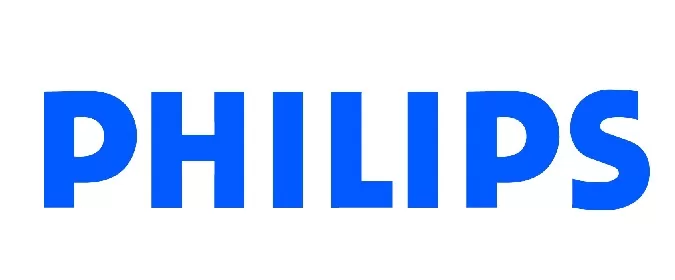Lifestyle
Taste the new green. Philips delivers tailored light growth recipes to produce, fresh food locally, indoors

New Philips GrowWise City Farming research center will develop tailored ‘light growth recipes’ to ensure that each crop variety gets the best kind of light it requires to generate a high quality and yield.
Eindhoven, The Netherlands – Royal Philips (NYSE: PHG, AEX: PHIA), the global leader in lighting, has opened its state-of-the-art GrowWise Center at the High Tech Campus in Eindhoven, the Netherlands. Research being conducted by Philips will provide tailor-made LED light growth recipes making it possible for producers to increase their yields and grow tasty and healthy food indoors, all year round.
The new 234m² facility, one of the world’s largest, will concentrate its research to optimize growth recipes for leafy vegetables, strawberries and herbs. Other areas of research will find ways to grow more carbohydrate-rich crops, like wheat and potatoes indoors.
“Our aim is to develop the technology that makes it possible to grow tasty, healthy and sustainable food virtually anywhere. The research we are undertaking will enable local food production on a global scale, reducing waste, limiting food miles and using practically no land or water,” said Gus van der Feltz, Philips Global Director of City Farming. “This new GrowWise City Farming research center aims to take City Farming to the next level, with Philips scientists leading research into LED light recipes for vegetable and cereal production.”
The research centre is a clean and sterile environment totally closed to natural light and air that enables fully controlled growing conditions. The facility uses connected LED systems that are fully customizable, allowing for the development of ‘growth recipes’ tailored to each crop variety or producers’ requirements. The end result is better tasting products, grown in a more sustainable way and without the need for pesticides.
The Philips GrowWise City Farming research center addresses a number of trends and concerns in society. There is increasing awareness of how the food we eat is grown, the effect it has on our planet and the distance it travels from farm to fork. In addition, it is anticipated that new ways of food production are needed to meet the increasing pressure on worlds’ food supply.
UN research predicts that by 2050, the world’s population will have grown by another 2.3 billion and 66% of the world’s population will inhabit cities. Meanwhile, 80% of the world’s agriculture appropriate land is already in use. Philips believes that the time is right for the innovation of new farming technologies that allow plants and crops to grow without sunlight in indoor environments close to or within cities. Philips has equipped a number of city farms such as theGreenSense in Chicago.
The Philips GrowWise City Farming research center will be a scientific testing ground that could fulfil the need of the customers in having healthy, locally produced and safe fresh produce available. The research center will unearth the lighting and technological innovations to bring farm and fork to within a few miles of each other. In addition, it will enable high quality vegetables to be harvested year round, using a fraction of the water, energy and land required for conventional farming.
The Philips GrowWise City Farming research center features four-layered mechanized planting racks in each of its eight climate rooms resulting in a total growing surface of 234 m2. Each plantation layer at the facility has Philips GreenPower LEDs installed, that contain blue, red and far red LEDs and are designed and formulated specifically for growing crops, and allow for the fine tuning for tailor-made light treatment. LEDs are highly energy efficient and produce less heat. This means cooler temperatures, they can be placed closer to plants and be optimally positioned to ensure a complete and uniform illumination of the plant.
The new research facility, which will feature demonstration rooms for customers is located at Eindhoven’s High Tech Campus – a technology hub, houses more than 135 companies and some 10,000 researchers, developers and entrepreneurs.
Philips has been active in horticultural lighting since 1936 and is now using its leadership in LED lighting to develop sustainable food production for the future, which will benefit the planet and improves people’s lives.




















































